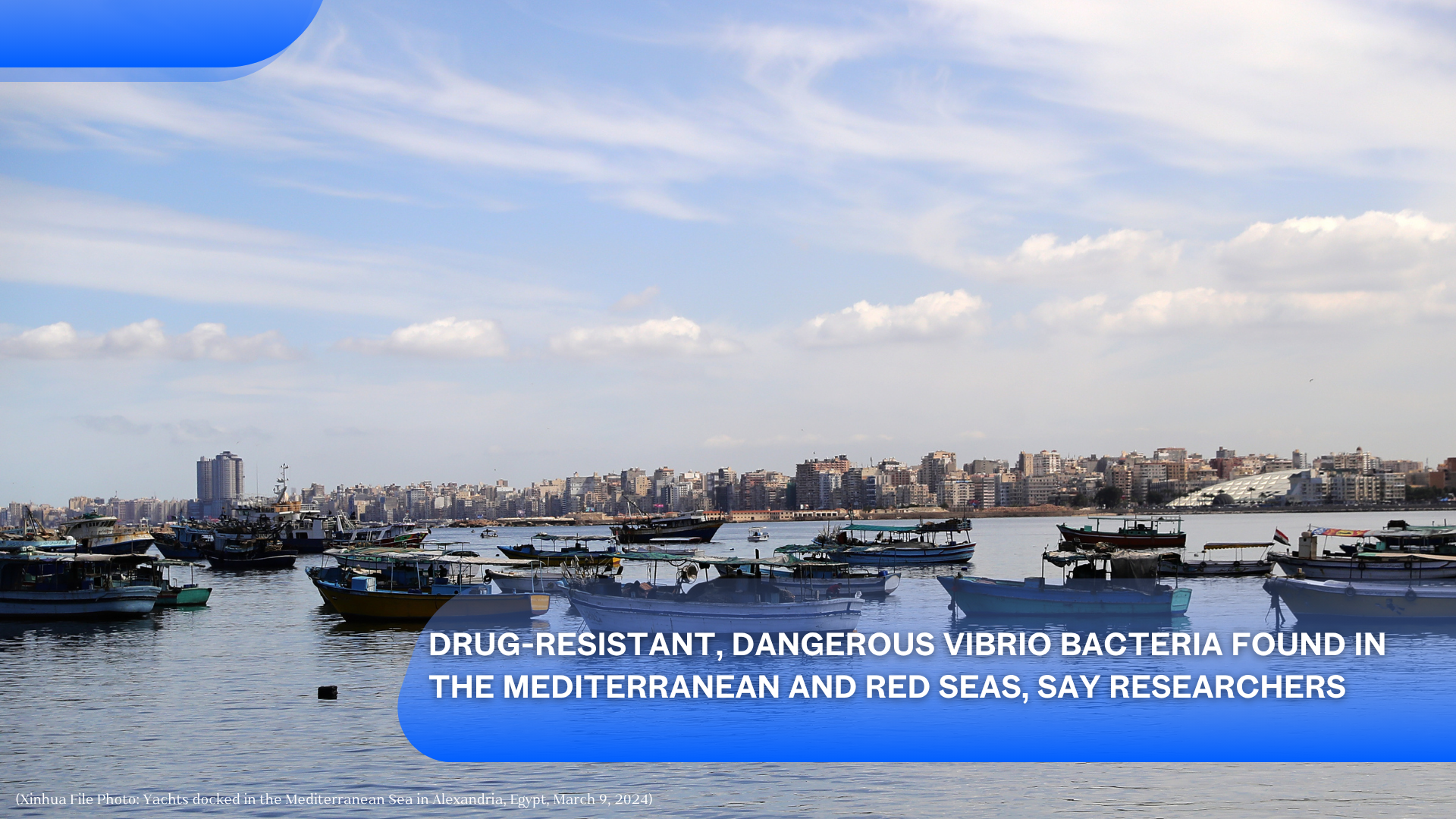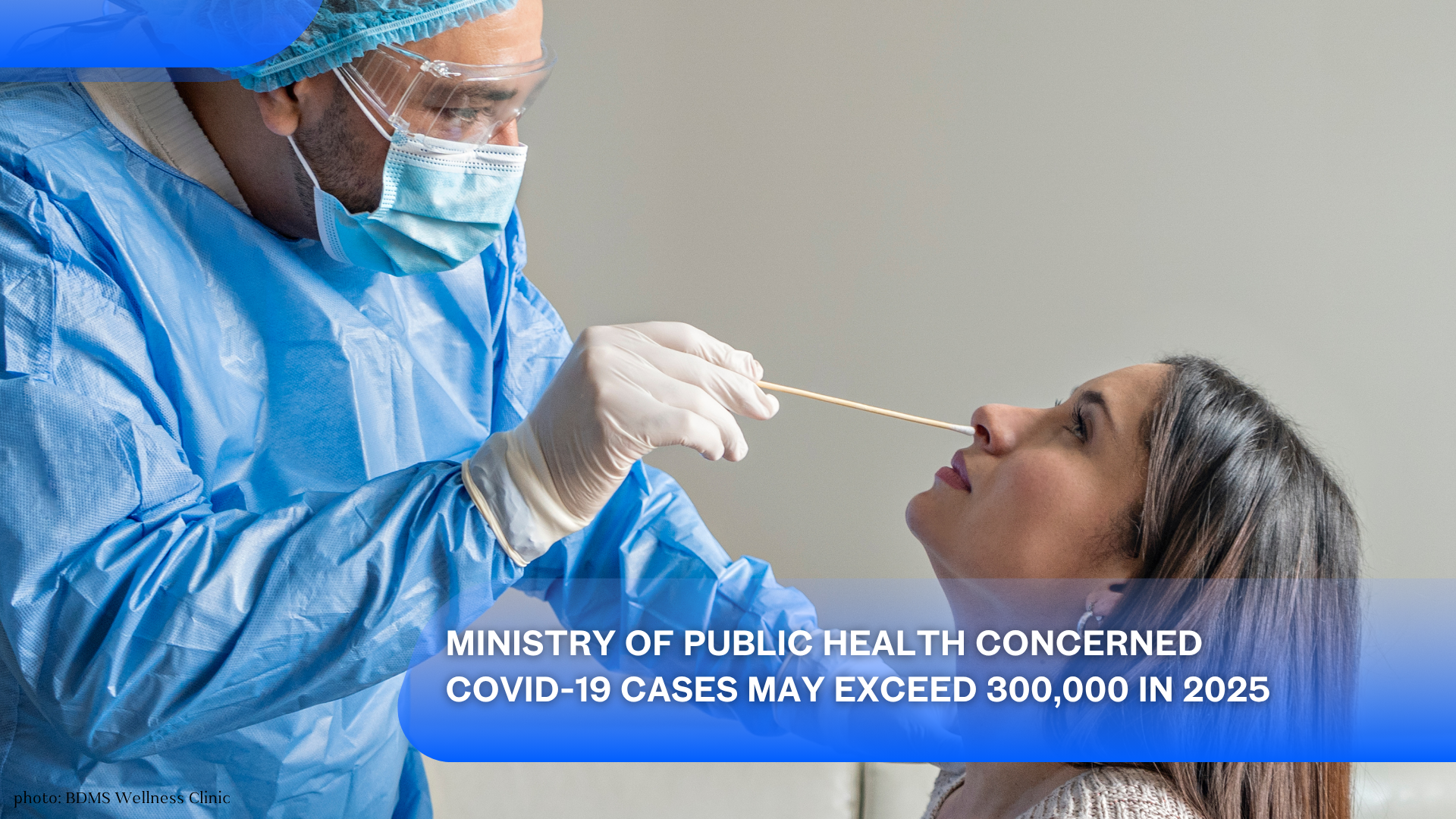
Drug-Resistant, Dangerous Vibrio Bacteria Found in the Mediterranean and Red Seas, Say Researchers
Jerusalem, May 26 – A research team from Tel Aviv University has identified antibiotic-resistant and potentially dangerous strains of Vibrio bacteria in the Mediterranean and Red Seas, raising public health concerns. These bacteria are known to cause serious infections in humans, including gastrointestinal illness, wound infections, and ear infections. They also pose threats to marine life such as corals and shellfish.
Jerusalem – A research team from Tel Aviv University has identified antibiotic-resistant and potentially dangerous strains of Vibrio bacteria in the Mediterranean and Red Seas, raising public health concerns. These bacteria are known to cause serious infections in humans, including gastrointestinal illness, wound infections, and ear infections. They also pose threats to marine life such as corals and shellfish.
Researchers warn that Vibrio bacteria are capable of exchanging genes, meaning that once a single strain acquires harmful traits, it can pass those traits on to others, amplifying the threat. Rising ocean temperatures due to climate change are further accelerating the spread of these bacteria into new areas and increasing the risk of human infections.
The findings, published in the journal mSphere, are based on genome analysis of 23 Vibrio samples collected from coastal waters near Tel Aviv and Eilat. The study revealed a wide range of toxins, secretion systems, and mobile genetic elements that enable these bacteria to survive and become more virulent. At least 10 strains were found to be capable of killing immune cells, and 12 strains could produce toxins to eliminate rival Vibrio bacteria.
Antibiotic testing revealed strong resistance among many samples, particularly to azithromycin, a commonly used antibiotic for treating Vibrio infections. Alarmingly, one strain found in the Red Sea was capable of producing toxins lethal to shrimp—a threat that has previously caused billions of dollars in losses to the global shrimp farming industry.
The research team emphasized that the discovery highlights an urgent need for continued environmental monitoring along Israel’s coastal waters to detect and manage emerging biological threats.
Source:
Articles in this category are written by our editorial team to keep you informed about the latest healthcare and medical tourism news.

